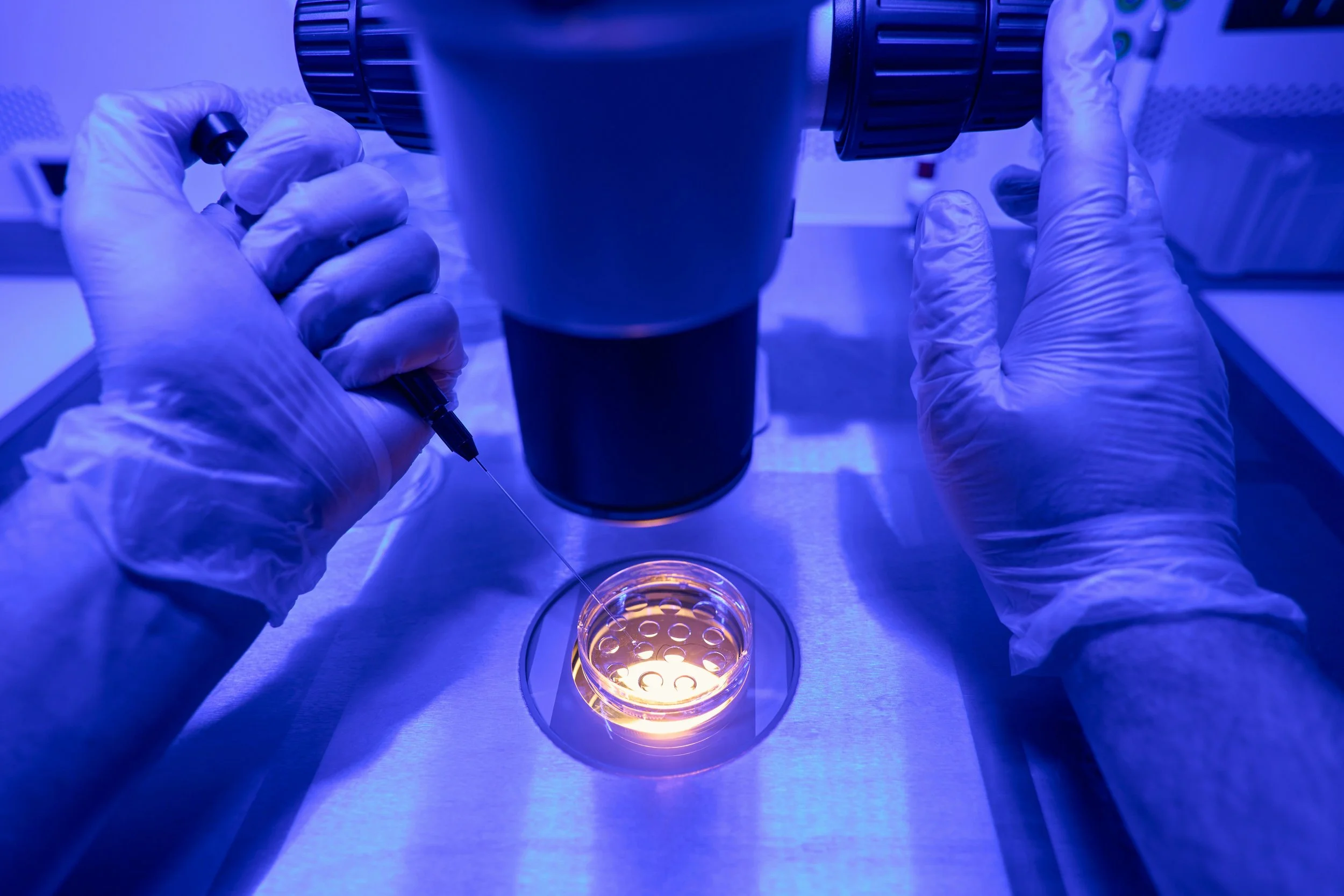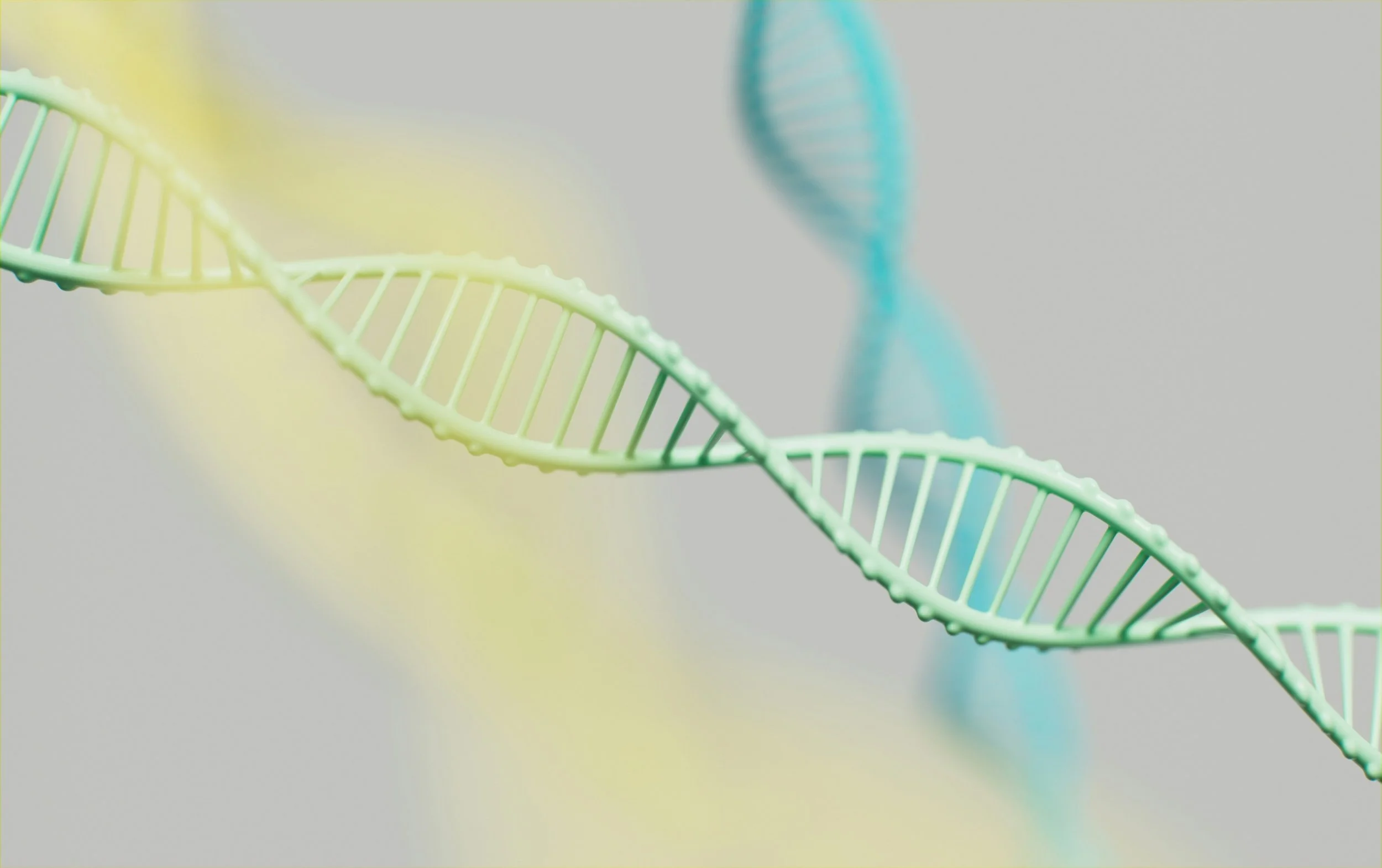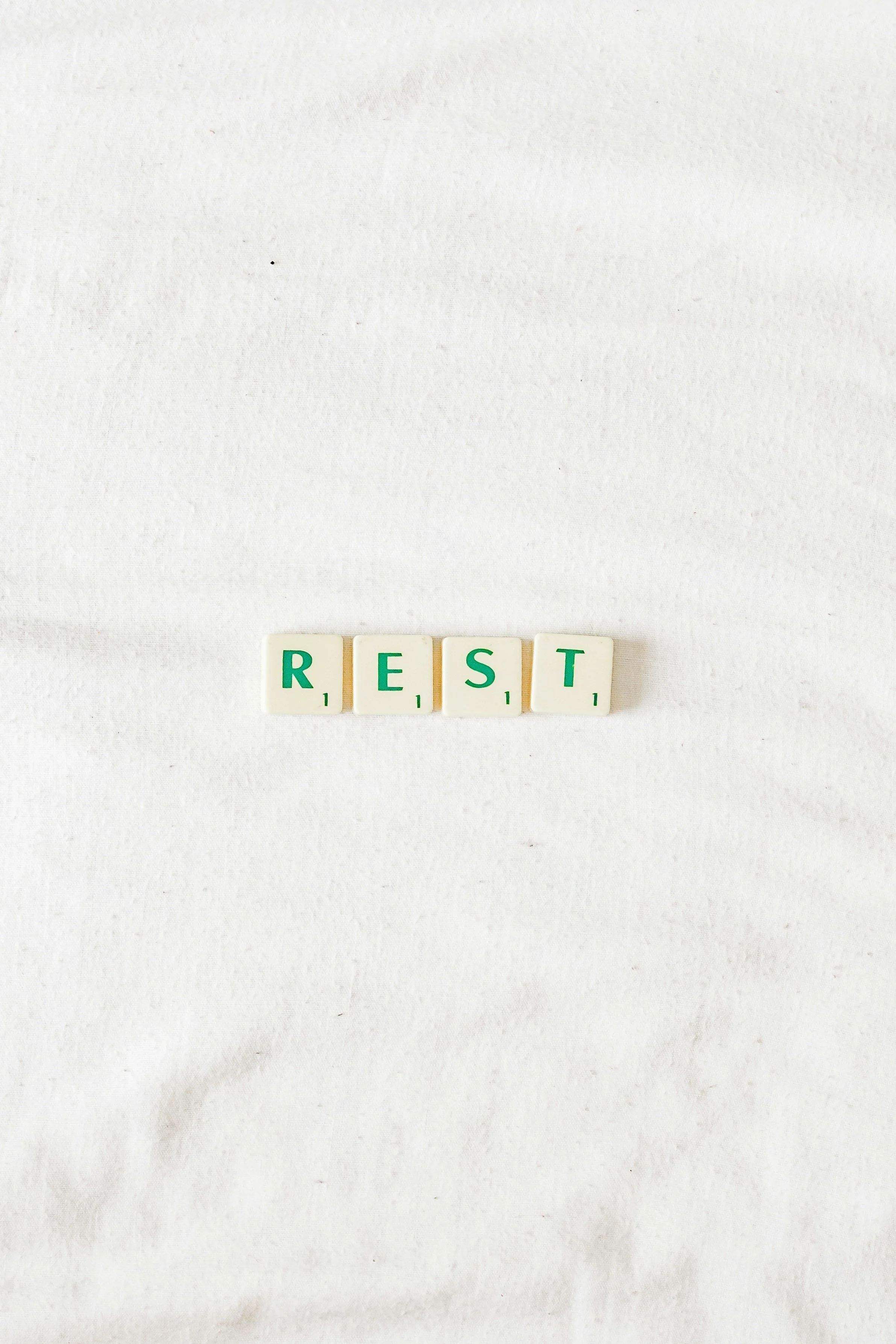How Long After Egg Retrieval Is Embryo Transfer
The IVF process — or in vitro fertilization (IVF) — is one of the most transformative journeys in modern reproductive medicine. For many intended parents, it represents hope, science, and the miracle of possibility. But IVF can also feel overwhelming, with multiple steps that need to align perfectly before achieving a successful pregnancy.
One of the most common questions people ask during IVF treatment is: “How long after egg retrieval is embryo transfer?” Understanding this timing can help set clear expectations and reduce anxiety during what is often an emotional waiting period.
The IVF cycle doesn’t end once the eggs are retrieved; in fact, that’s only the beginning of a fascinating process involving fertilized eggs, embryo development, and preparation for either a fresh embryo transfer or a frozen embryo transfer.
In this post, I’ll walk you through everything you need to know about how long after egg retrieval is embryo transfer, what happens in between, and how to prepare — so you can move through your IVF journey with confidence and calm.
How Long After Egg Retrieval Is Embryo Transfer
In this post, you’ll find a detailed explanation of what happens after your egg retrieval procedure, how long it takes before your embryos are ready for transfer, and what you can do to support your body during this crucial time.
We’ll also explore the science behind embryo development, the different types of transfers, and practical tips for recovery and preparation. Whether you’re just starting your IVF treatment or nearing your transfer date, this post will provide the insight you need to understand every stage of the process.
What Is Egg Retrieval
Egg retrieval is a key step in the IVF cycle, where mature eggs are collected from a woman’s ovaries after ovarian stimulation. During ovarian stimulation, fertility medications encourage the ovaries to produce multiple eggs rather than the single egg typically released during a natural menstrual cycle.
Once the eggs are mature, the egg retrieval procedure is scheduled. This is usually performed under light anesthesia and takes about 15–30 minutes. Using an ultrasound-guided needle, the fertility specialist gently aspirates the follicles to collect the eggs.
After retrieval, the eggs are immediately taken to the laboratory, where embryologists evaluate their quality and prepare them for fertilization. This is often done using intracytoplasmic sperm injection (ICSI) — a specialized technique where a single sperm is directly injected into each egg to promote fertilization.
The resulting fertilized eggs are then monitored for growth and development over the next several days, becoming embryos ready for transfer.
What Happens After Egg Retrieval
After egg retrieval, the focus shifts from the ovaries to the lab — and this is where the magic of embryo development begins. Here’s a breakdown of what happens next.
Fertilization and Embryo Development
After the eggs are retrieved and fertilized through standard IVF or ICSI, embryologists observe them closely for signs of normal development. Over the next few days, the fertilized eggs begin dividing and growing.
By day 3, embryos typically reach the 6-to-8-cell stage. By day 5 or 6, healthy embryos should reach the blastocyst stage, a more advanced phase where the embryo has hundreds of cells and a fluid-filled cavity. Embryos that make it to this stage have a higher chance of leading to a successful pregnancy.
Genetic Testing and Selection
In some IVF cases, genetic testing (also called preimplantation genetic testing or PGT) is performed. A few cells are safely removed from each blastocyst to test for chromosomal abnormalities or genetic conditions.
While genetic testing adds a bit to the timeline, it ensures that only the healthiest embryos are chosen for transfer — increasing the likelihood of a positive outcome.
Deciding Between Fresh or Frozen Embryo Transfer
Depending on your medical plan and how your body responds to stimulation, your fertility team will recommend either a fresh embryo transfer (within the same IVF cycle) or a frozen embryo transfer (in a later cycle).
Fresh embryo transfers usually occur 3 to 5 days after egg retrieval, when at least one embryo has reached the appropriate stage for implantation.
Frozen embryo transfers, on the other hand, are done weeks or months later, allowing your body time to recover and hormone levels to stabilize.
Your doctor will help determine which approach is best for your specific situation, ensuring optimal conditions for embryo implantation and pregnancy.
Read my detailed guide on how to prepare for embryo transfer and what intended parents, gestational carriers, or anyone undergoing an IVF cycle can do to prepare for a successful transfer procedure.
How Many Days After Egg Retrieval Is Embryo Transfer
So, exactly how long after egg retrieval is embryo transfer?
If you’re doing a fresh embryo transfer, it typically happens between day 3 and day 5 after the egg retrieval procedure. This allows time for embryologists to monitor the embryo development and select the strongest embryos for transfer.
However, if you’re opting for a frozen embryo transfer, the timeline is different. Your embryos are frozen at the blastocyst stage (usually day 5 or 6) and can be transferred during a future cycle — sometimes weeks, months or even years later.
For many patients, doctors prefer waiting for a frozen cycle because it allows hormone levels to normalize after ovarian stimulation, which can increase the likelihood of implantation and a successful pregnancy. This also allows time for genetic testing.
After transfer, the most anticipated part of the IVF journey begins: the “two-week wait.” Around 14 days after the transfer, you’ll have blood tests or a pregnancy test to confirm whether implantation was successful.
How To Prepare For Egg Retrieval
Preparing for your egg retrieval procedure is an essential part of ensuring the best possible outcome. Here are a few key tips:
Follow Your Medication Schedule Closely
The success of your ovarian stimulation depends on precise timing. Always take your medications exactly as prescribed, and attend all monitoring appointments to check hormone levels and follicle growth. Missing doses can impact how many eggs mature.
Focus on Nutrition and Hydration
A nutrient-rich diet supports healthy egg development and recovery. Include foods high in antioxidants, healthy fats, and protein. Hydration is equally important — especially after stimulation, when bloating can occur due to high estrogen levels.
Rest and Reduce Stress
Fertility treatments can be emotionally draining. Prioritize rest, mindfulness, and light physical activity such as walking or yoga to help your body and mind stay balanced throughout the IVF process.
Prepare for Recovery
Plan to take it easy after your egg retrieval. Most patients experience mild cramping or bloating for a day or two. Arrange a ride home after the procedure and clear your schedule to rest.
For more context on the broader journey, you may find it helpful to read what is gestational surrogacy process, which explains how embryo transfer fits into the larger scope of assisted reproduction.
What To Avoid After Egg Retrieval
Recovery after egg retrieval is delicate, and certain activities should be avoided to protect your health and optimize outcomes.
Intense Physical Activity
Your ovaries are enlarged from stimulation, making them more prone to discomfort or twisting (ovarian torsion). Skip high-impact workouts or heavy lifting for at least a week.
Alcohol and Smoking
Both alcohol and nicotine can negatively affect hormone balance, healing, and embryo development. Avoid them entirely during and after your IVF cycle.
Unprotected Intercourse
Even though eggs have been retrieved, ovulation can sometimes still occur. Avoid unprotected intercourse to prevent unintended complications.
Skipping Follow-Up Appointments
Your doctor will schedule blood tests and ultrasounds to monitor recovery and hormone levels. Skipping these appointments could delay your transfer or affect your results.
The time between egg retrieval and embryo transfer may feel long, but each day plays an important role in ensuring your IVF treatment leads to a healthy and successful pregnancy.
Whether you’re preparing for a fresh embryo transfer just a few days after retrieval or a frozen embryo transfer in a future cycle, remember that patience, self-care, and trust in the process are key.
The IVF journey is both scientific and deeply emotional — a balance of technology, timing, and human hope. Understanding how long after egg retrieval is embryo transfer helps you approach this step not with anxiety, but with confidence and informed optimism.




